There are differences between how Americans and British people spell certain English words.
The Canadian style uses a mix of both spelling styles, but mostly spells words the British way.
|
|
Spelling | |||||
|
-ell vs -el |
-our vs -or |
-re vs-er |
-ce vs-se |
-gue vs -g |
-ze vs-se |
|
Canadian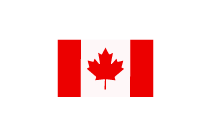 |
travelling | colour | centimetre | practice (noun) practise (verb) |
dialogue | personalize |
American |
traveling | color | centimeter | practise | dialog | personalize |
British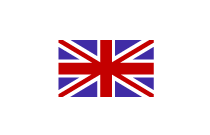 |
travelling | colour | centimetre | practice | dialogue | personalise |
Although certain spelling rules are preferred in Canada, the most important thing is to be consistent.
When writing a text, spell words the same way throughout the text.
The Canadian style uses -ell to spell words that:
-
contain more than one syllable
-
contain a suffix
Canadian Spelling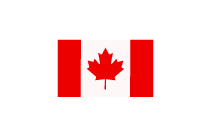 |
American Spelling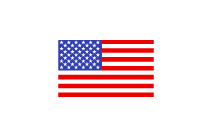 |
British Spelling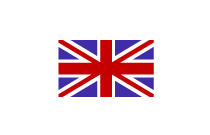 |
|---|---|---|
|
travelling |
traveling |
travelling |
|
counselling |
counseling |
counselling |
|
cancelled |
canceled |
cancelled |
|
levelled |
leveled |
levelled |
The Canadian style follows the British style and spells words with -our.
Canadian Spelling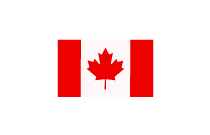 |
American Spelling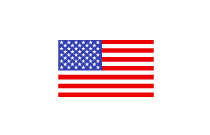 |
British Spelling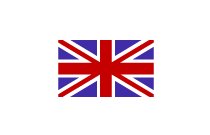 |
|---|---|---|
|
favourite |
favorite |
favourite |
|
colour |
color |
colour |
|
neighbour |
neighbor |
neighbour |
|
behaviour |
behavior |
behaviour |
The Canadian style follows the British style for words ending in -tre and -bre.
Canadian Spelling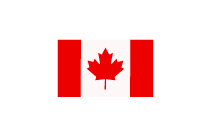 |
American Spelling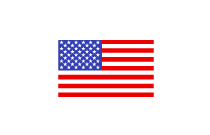 |
British Spelling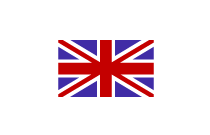 |
|---|---|---|
|
centimetre |
centimeter |
centimetre |
|
theatre |
theater |
theatre |
|
calibre |
caliber |
calibre |
|
fibre |
fiber |
fibre |
Canadian spelling uses the British -ce ending.
Canadian Spelling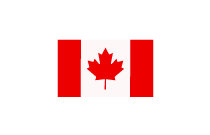 |
American Spelling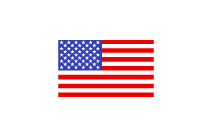 |
British Spelling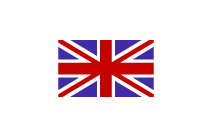 |
|
|---|---|---|---|
|
licence (noun) |
license (verb) |
license |
licence |
|
practice (noun) |
practise (verb) |
practise |
practice |
|
defence |
defense |
defence |
|
|
offence |
offense |
offence |
|
When the words “licence’’ and “practice” are used as nouns, the -ce ending is preferred.
When the words are used as verbs, the -se ending is preferred.
For example, in Canadian spelling:
Layla practises tennis. (verb)
She has tennis practice tonight. (noun)
The Canadian style follows the British spelling for words ending in -gue.
Canadian Spelling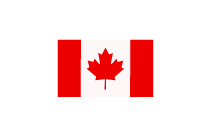 |
American Spelling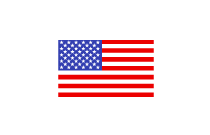 |
British Spelling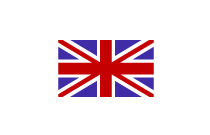 |
|---|---|---|
|
dialogue |
dialog |
dialogue |
|
monologue |
monolog |
monologue |
|
catalogue |
catalog |
catalogue |
|
epilogue |
epilog |
epilogue |
The Canadian style follows the American style for words ending in -ize and -yze.
Canadian Spelling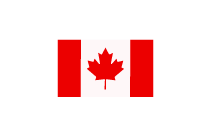 |
American Spelling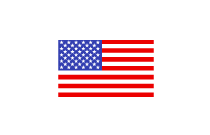 |
British Spelling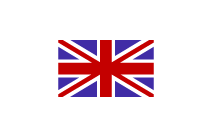 |
|---|---|---|
|
apologize |
apologize |
apologise |
|
organize |
organize |
organise |
|
paralyze |
paralyze |
paralyse |
|
recognize |
recognize |
recognise |
There are other differences between the Canadian, American and British styles.
Here are some examples:
Canadian Spelling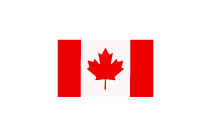 |
American Spelling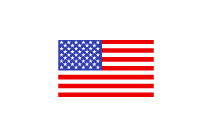 |
British Spelling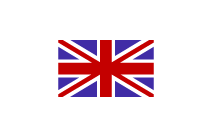 |
|---|---|---|
|
cheque |
check |
cheque |
|
moustache |
mustache |
moustache |
|
fulfill |
fulfill |
fulfil |
|
grey |
gray |
grey |
|
jewellery |
jewelry |
jewellery |
|
sulfur |
sulfur |
sulphur |
|
anemia |
anemia |
anaemia |
|
tire |
tire |
tyre |
|
aluminum |
aluminum |
aluminium |